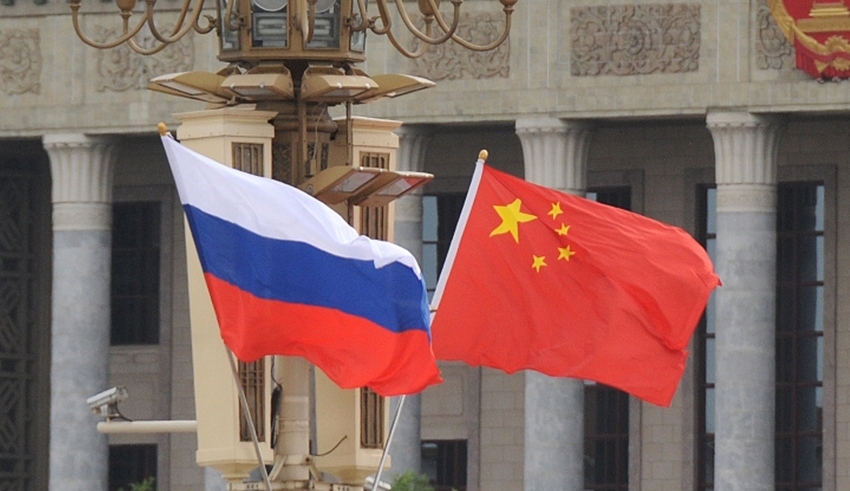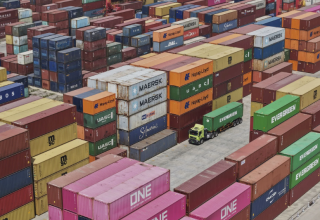
China and Russia have recently carried out joint air patrols in the Asia-Pacific region, signaling their deepening strategic partnership and highlighting their commitment to cooperation in the face of regional tensions.
The joint air patrol, involving aircraft from both countries, serves as a demonstration of their combined military capabilities and mutual support. It comes at a time of heightened geopolitical tensions in the Asia-Pacific region, particularly regarding territorial disputes and concerns over regional security.
China and Russia have been strengthening their strategic ties in recent years, bolstered by shared interests and concerns. The joint air patrol serves as a visible display of their close relationship and a message to other regional powers. It underscores their commitment to cooperation and sends a signal that they are capable of jointly addressing regional security challenges.
The Asia-Pacific region has witnessed increasing geopolitical complexities, with various territorial disputes, military build-ups, and power dynamics at play. Against this backdrop, China and Russia’s joint air patrol emphasizes their alignment and mutual interests, aiming to project a united front and maintain stability in the region.
Keep Reading
The joint military exercises between China and Russia also provide an opportunity for both countries to enhance their military interoperability and strengthen their defense capabilities. By sharing expertise, conducting joint operations, and exchanging best practices, they can deepen their military cooperation and further solidify their strategic partnership.
While the joint air patrol is primarily a military exercise, its geopolitical implications should not be overlooked. It represents a visible demonstration of China and Russia’s cooperation and serves as a reminder to other regional powers that they have a united front. The joint presence of Chinese and Russian aircraft in the Asia-Pacific region sends a message about their shared interests and their commitment to upholding regional stability.
As tensions continue to simmer in the Asia-Pacific, the joint air patrol by China and Russia adds another layer of complexity to the evolving regional dynamics. It underscores the shifting geopolitical landscape and the need for other countries to carefully navigate the evolving alliances and power dynamics in the region.



























